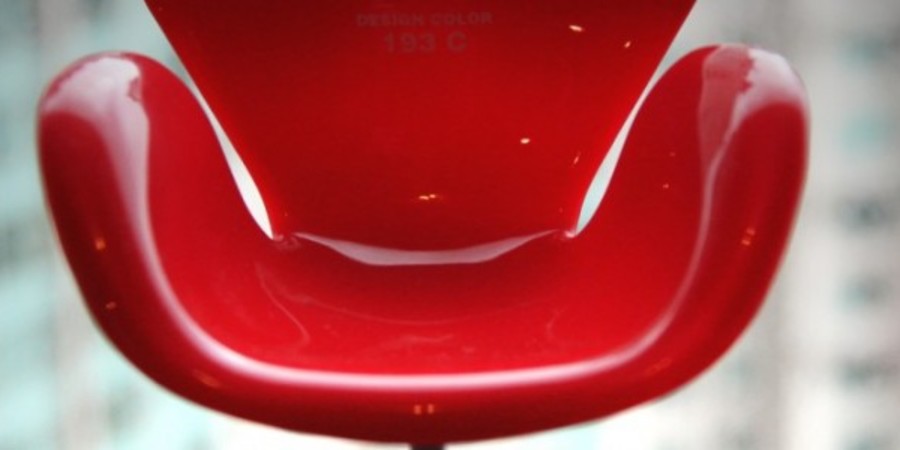You’ve found your perfect role, submitted your CV and been invited for interview. You have one foot in the door, right? Well, that may be true, but it’s likely that your future career prospects will now rest on your performance at interview.
There’s been an enormous amount written about the effectiveness of the interview process over the years. Some point out that this is an incredibly ineffective means of identifying the best candidate for a role. Others note that a decision is likely to be made within the first 30 seconds of your meeting, with the interviewer taking a decision on the basis of whether your face is seen to fit. This may well be true and the weaknesses of interviews could be debated for quite some time. But let’s put that argument to one side right now: the reality is that you are going to need to get through the interview process.
So how should you approach this task? Your first step is to avoid making any silly mistakes. There are plenty of errors that will leave you dead in the water, with absolutely no chance of landing that job that you so desire. Let’s take a closer look at the big mistakes that you should be seeking to avoid:
Formality problems
It’s likely that you are about to be interviewed by someone that you have never met before. They are not (and may never be) a close enough friend for you to refer to them as a “mate” or a “pal”. Similarly, you would be well advised to slump down as if you are sat on your sofa at home, watching your favourite television show.
An interview is a serious matter and you’ll want to be seen as being a serious candidate. This doesn’t mean that you shouldn’t be friendly and polite. But if you take too informal an approach, then don’t be surprised to see your candidacy being dismissed rather quickly.
Failing to dress to impress
What should you wear when attending an interview? This is an interesting question and there may not be a definitive answer. It’s certainly useful to try to get some idea of the dress code that’s at play within the organisation, prior to attending an interview.
As a guide, however, you are unlikely to be marked down for wearing a smart suit and tie, even if your prospective new employer provides a rather more informal working environment. Wearing ripped jeans and a T-shirt, on the other hand, may not prove popular in an environment where employees typically dress to impress.
What conclusions should you draw? In general terms, it’s better to dress up for an interview, rather than seeking to dress down.
A lack of knowledge
Any employer will be keen to ensure that you are enthusiastic about taking on the advertised role. As an absolute minimum, this means that you should have some understanding of the business and of the particular role under consideration.
If you arrive at an interview without having prepared, then it’s likely that it will be assumed that you simply aren’t really interesting in getting the job. That’s not a great position to be in and will undermine your chances of success.

